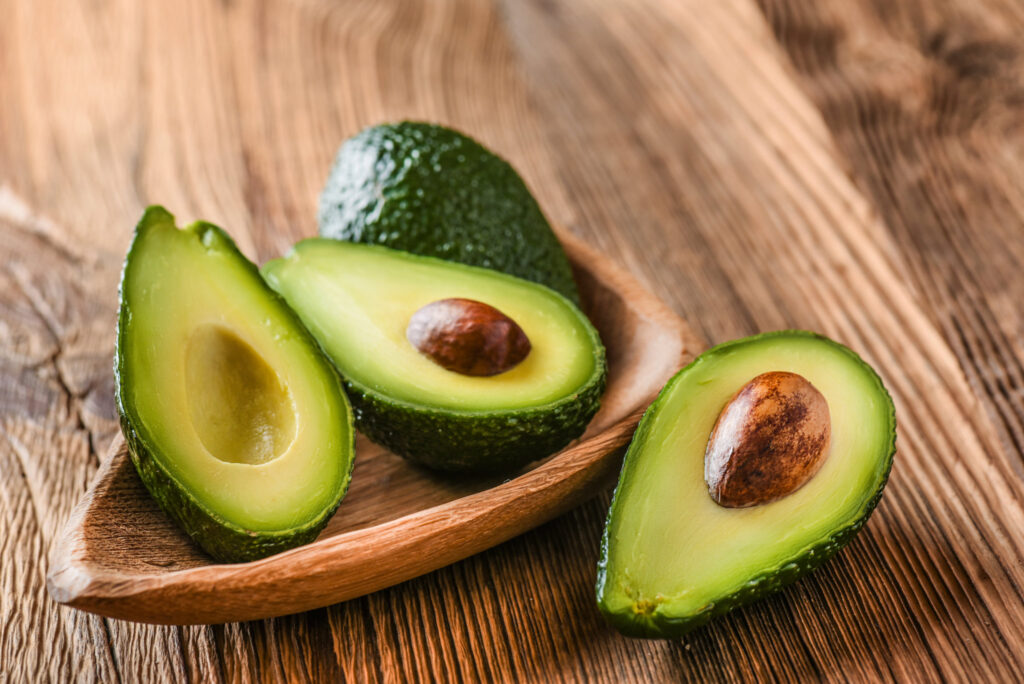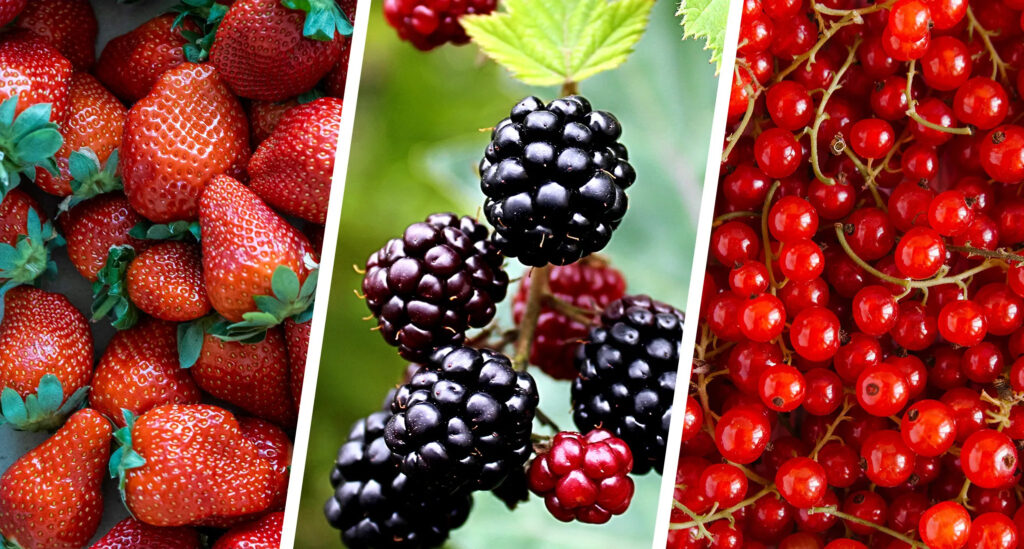Winter brings its own set of skincare challenges. If your skin is looking for “which foods to try in winter”? Then this article is for you. Stay ahead of the game by incorporating these foods for healthy and hydrated skin.
As the winter chill settles in, it brings with it a range of challenges for maintaining healthy and radiant skin. Winter weather can make the skin dry, flaky, and irritated due to harsh winds, low humidity, and cold temperatures. Fortunately, a balanced diet with specific nutrients can help keep your skin healthy during winter.
Here are ten recommended foods with their key nutrients, that can help your skin stay healthy and beautiful this winter.
Read More: Guide to the Best Moisturizers for Dry Skin in Germany
Fatty Fish: Salmon and Mackerel
It is essential to include fish like salmon and mackerel in your diet to combat dry skin. These fish are rich in omega fatty acids. These fats contribute to hydrating skin, reduce inflammation, and may help manage skin conditions such as eczema and psoriasis.
Fatty fish, rich in omega-3 and omega-6 fatty acids, create a protective barrier on the skin, and shields the skin from dryness. Additionally, fatty fish provide a good source of vitamin E, an antioxidant shielding the skin from free radicals.
Incorporating grilled or baked salmon into your meals can be a delicious and skin-nourishing choice.
Avocados: Nature’s Moisturizer
Avocados are a true superfood for the skin, and their creamy texture makes them a delightful addition to winter meals. These creamy fruits are packed with healthy fats, including monounsaturated and polyunsaturated fatty acids. These fats not only nourish your skin but also help protect it from the sun’s harmful UV rays. Avocados are also a good source of vitamin E, an antioxidant that helps protect skin cells from damage.
Adding sliced avocados to salads, spreading them on whole-grain toast, or whipping up a batch of guacamole are tasty ways to incorporate this skin-loving fruit into your winter diet.

Nuts and Seeds: Snacking for Skin Health
Snacking on a variety of nuts and seeds is a convenient way to supply your body with essential nutrients. Almonds are rich in vitamin E, which helps protect the skin from oxidative stress.
Include a handful of nuts or seeds in your diet daily for a boost of skin-friendly nutrients.
Sweet Potatoes: The Beta-Carotene Boost
Sweet potatoes are a winter staple in Germany, and for good reason. They are loaded with beta-carotene, a precursor to vitamin A, which is essential for healthy skin and it promotes cell turnover.
They are also a good source of vitamin C, which has the potential to decrease the duration of the common cold and also help boost collagen production and skin elasticity.
Roasting sweet potatoes with a drizzle of olive oil and a sprinkle of cinnamon makes a delicious side dish that supports your skin’s well-being.
Citrus Fruits: Vitamin C Boost
While it might be tempting to load up on hot cocoa during winter, including citrus fruits in your diet is a must for healthy skin. Citrus fruits are rich in vitamin C, an antioxidant that supports collagen production and helps maintain skin firmness.
Prepare a refreshing citrus salad or start your day with a warm cup of herbal tea infused with a splash of lemon to give your skin a vitamin C boost.
Dark Leafy Greens: Winter Greens Powerhouse
Dark leafy greens like kale and spinach are nutritional powerhouses that can benefit your skin. Packed with vitamins A, C, and K, as well as antioxidants, these greens contribute to skin repair, hydration, and overall health.
Incorporate winter greens into soups, stir-fries, or smoothies to ensure you’re getting a variety of essential nutrients for your skin.
Olive Oil: Liquid Gold for Skin
Olive oil, often referred to as liquid gold, is a staple in the Mediterranean diet and offers numerous benefits for the skin. It’s a rich source of monounsaturated fatty acids, which help keep skin hydrated and prevent dryness. Olive oil also contains antioxidants that protect skin cells from damage and promote collagen production.
Use extra virgin olive oil in your cooking, drizzle it over salads, or use it as a moisturizer for your skin.
Greek Yogurt: Probiotics for Skin Wellness
Maintaining a healthy balance of gut bacteria is linked to improved skin health, and Greek yogurt is an excellent source of probiotics.
Probiotics help regulate inflammation and support the skin’s natural defences. The lactic acid in yogurt also acts as a gentle exfoliant, promoting a smoother complexion. Enjoy Greek yogurt with a drizzle of honey and a handful of berries for a delicious and skin-friendly snack.
Dark Chocolate
Indulging in a bit of dark chocolate can be a guilt-free treat for your skin. Dark chocolate contains flavonoids, powerful antioxidants that protect the skin from environmental damage. Opt for chocolate with at least 70% cocoa content to maximize the benefits without the excess sugar found in milk chocolate.
Berries
Berries are a refreshing and nutrient-rich treat that’s perfect for winter. They are packed with antioxidants, including vitamin C and anthocyanins, which help protect skin cells from damage and promote collagen production. Strawberries, blueberries, raspberries, and blackberries are all excellent choices.

Conclusion
Maintaining healthy skin during the harsh winters involves a combination of external skincare practices and internal nourishment. By incorporating these 10 food items into your diet, you can provide your skin with the essential nutrients it needs to stay hydrated, supple, and radiant throughout the winter months. Remember to stay hydrated, avoid skincare mistakes, and enjoy a nutrient-rich diet to keep your skin healthy and glowing, even in the coldest weather.




